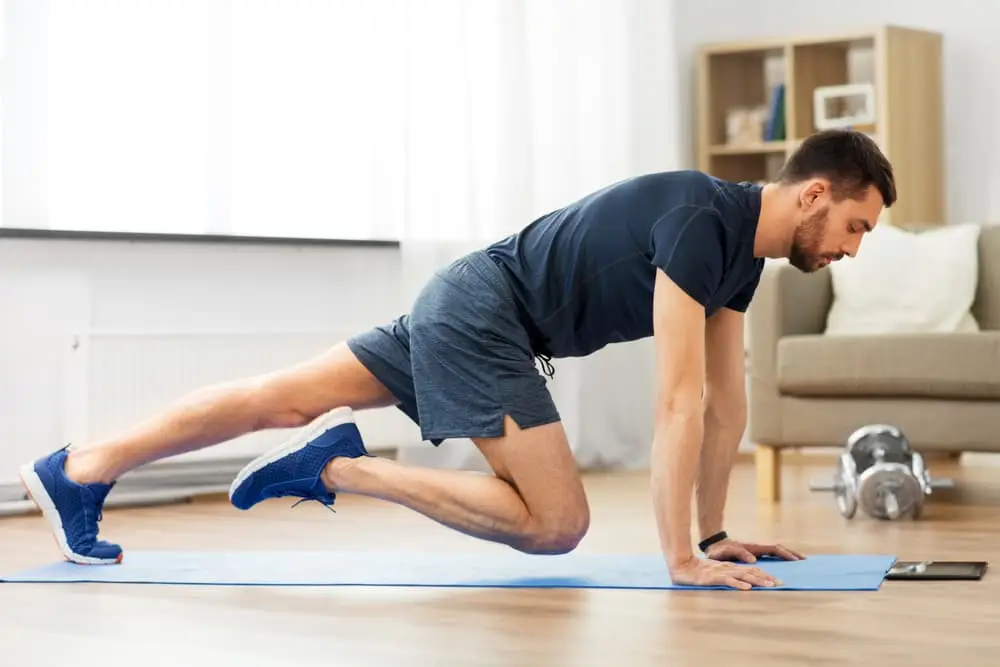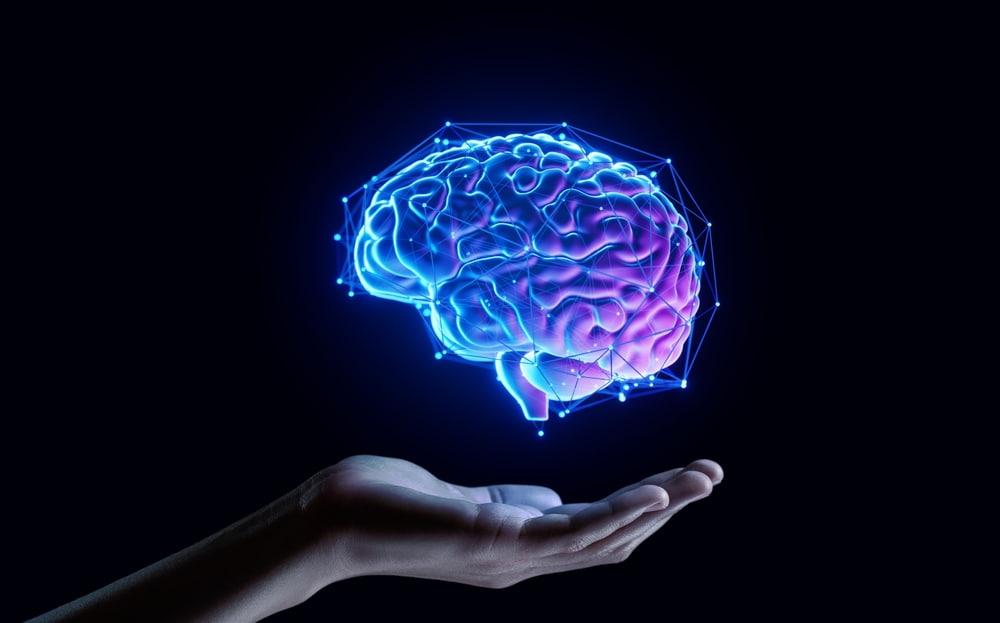Top 10 Best Exercises for the Mind That Sharpen Your Brain Power


In addition to physical health, it is essential to take care of the brain in our daily lives. The brain is the most critical organ of our body, through which we think and make decisions. Work pressure, busyness, mental depression, and excessive use of digital media all affect our brains in various ways. Excessive pressure on the brain can hinder our ability to concentrate on any task. Just as we have to exercise to build muscles, there are some exercises to keep the brain healthy that increase the brain’s cognitive power.
In this article, we will explore 10 exercises and strategies to keep our brains healthy. These are very effective in reducing mental stress and increasing memory. Regular practice will not only keep the brain healthy, but also help you stay physically and mentally healthy.
Learn something new
Learning and knowing new things are very effective in keeping the brain healthy. This is an exercise that strengthens the neural connections of the brain. It helps to increase our memory and maintain attention. Besides, you can learn something new when you go somewhere. Learning something new makes you feel good inside, increasing your interest in learning and knowing new things.
Top 10 Best Exercises for the Mind
Yoga, Tai Chi, and Exergames improve executive function, memory, and focus.(Health.com)


Walking: It is a cardio exercise that improves blood circulation and increases oxygen supply to the brain. It helps reduce stress and improve mood. You should make a habit of walking regularly every day. Walking is very beneficial for physical and mental health.
Running: Running releases endorphins, which make you feel good. It can significantly improve mental well-being and cognitive function. Regular running increases confidence, reduces depression, and a morning run keeps the mind fresh throughout the day.
Cycling: It strengthens the leg muscles, heart, and lungs. Studies have shown that cycling increases attention and problem-solving skills. Cycling is beneficial for generating new thoughts and creative ideas. It causes less joint stress, making it suitable for people with knee problems.
Swimming: It is a complete body workout. Exercising in water reduces joint stress. Swimming brings peace to the body and reduces anxiety and stress. Being in water activates relaxation hormones, which improve focus and concentration. This is the best exercise for those who have arthritis or joint pain.
Yoga


Combines Physical exercise, breathing control, and meditation. Reduces anxiety, calms the mind, and increases awareness. In the long run, it improves focus and memory. Maintains flexibility, balance, and good posture.
Strength training: Strengthens muscles and bones, increases metabolism. According to research, regular weight training improves the executive function of the brain. Memory and processing speed also increase. The body remains strong even with age, and the immune system improves.
High-intensity interval training: More calories can be burned in a short time. Twenty minutes of HIIT is often equal to an hour of regular exercise. Doing HIIT increases a protein called BDNF (Brain-Derived Neurotrophic Factor) in the brain, which helps create new brain cells. Heart health improves, and weight loss occurs quickly.
Dancing: It is a fun way to exercise. Learning new dance steps can improve memory, focus, and cognitive flexibility. It keeps you socially active, boosts your confidence, and reduces stress.
Tai Chi: Controls your body and mind through slow, graceful, flowing movements. It is called “meditation in motion.” It reduces stress, improves balance, and concentration. It is beneficial for seniors in maintaining memory and focus. It improves bone strength and flexibility.
Pilates: It mainly strengthens core muscles, improves posture, and balance. It requires a lot of concentration and control, which increases brain function and reduces mental distraction. It is very beneficial for people who sit for long periods, as it keeps the body straight and reduces back pain.
Meditation and Mindfulness


Meditation is a comprehensive practice where you learn to calm your mind and focus on a specific subject. It is usually done by sitting in a quiet environment, closing your eyes, and breathing deeply. The goal of meditation is to control the restlessness of the mind and achieve peace of mind. Mindfulness is a technique for paying full attention to the present moment. This means experiencing the action you are doing or the situation you are in completely without judging it. For example, when you are eating, just notice the taste, smell, and texture of the food. When you are walking, feel the ground beneath your feet. This increases your awareness and keeps you connected to the present.
Puzzles and Brain Games


Playing puzzles and brain games is an excellent exercise for the brain, which strengthens mental abilities. Such games are not only a means of entertainment, but also improve your thinking and problem-solving skills. It works like a workout for the brain.
Benefits that you can get by playing puzzles and brain games regularly:
Improvement of memory: While playing puzzles, you have to remember different information, such as where the pieces will fit or where a number will sit. This helps to increase your working memory.
Problem-solving skills: While playing various puzzles and brain games, you have to face new challenges. This encourages your brain to think creatively and logically.
Increase attention: While playing games, you have to maintain attention to achieve a specific goal. This helps to increase your concentration.
Increase brain speed: Games that require quick thinking and decision-making help increase the brain’s processing speed.
Stress Reduction: Engaging in brain games is a refreshing activity that allows you to escape other stressors temporarily.
Some popular puzzles and brain games
Sudoku: This number-based puzzle is very beneficial for logical thinking.
Crossword: This game, which combines words and knowledge, improves your vocabulary and general knowledge.
Chess: Chess is a great strategy game that improves planning and foresight.
Jigsaw puzzles: Putting pieces together to create a complete picture improves visual memory and spatial reasoning.
Smartphone apps: There are various brain training apps (such as Elevate, Lumosity) available today, which help you improve various skills of your brain through small daily games.
Social communication


Social communication does not just mean using social media. It is a process of talking, chatting, and spending time with your friends, family, and other people in society in person or on the phone. It is an essential exercise for brain health.
The mental benefits you will get from social interaction:
Increased brain activity: When you talk to someone, your brain has to think quickly. During a conversation, you have to understand what others are saying, formulate answers, and capture different emotions, which activate different parts of the brain at the same time.
Improved memory: Discussing old memories, exchanging new information, and trying to remember people’s names strengthen your memory.
Reduced stress: Talking to friends or loved ones can significantly reduce anxiety. It eliminates loneliness and brings peace of mind.
Opportunity to learn new things: Through interactions with new people, you can gain new perspectives, ideas, and information, thereby enriching your knowledge base.
Reduced risk of dementia: Various studies have shown that people who regularly participate in social activities have a lower risk of diseases like dementia or Alzheimer’s.
Diet


We all know how important a healthy diet is to staying healthy. However, many people are unaware of the direct relationship between our diet and brain function. Specific nutrients are essential for proper brain function. Adding the right foods to your diet can improve your memory, focus, and overall mental health.
Benefits of a proper diet for your brain:
Energy supply: The brain uses about 20% of the body’s total energy. Complex carbohydrates like grains, fruits, and vegetables provide the brain with slow energy and help maintain focus throughout the day.
Memory improvement: Omega-3 fatty acids, found in marine fish (such as salmon and tuna), nuts, and flax seeds, are essential for brain cell formation and memory improvement.
Role of antioxidants: Foods like blueberries, strawberries, dark chocolate, and leafy greens are rich in antioxidants. These ingredients protect brain cells from oxidative stress and prevent brain damage.
Attention and mood regulation: Vitamins B6, B12, and folic acid help produce brain neurotransmitters (such as serotonin and dopamine), which are effective in maintaining a good mood and increasing attention.
Enough sleep
Quality sleep consolidates memory and sharpens mental focus (wavechiropracticfl.com)


Sufficient sleep not only relieves fatigue from the body, but it is also an essential process for the brain. It is vital for brain function, memory, and overall mental health. When you sleep, your brain processes and stores all the information you have learned during the waking hours.
Benefits of getting enough sleep:
Memory consolidation: New information learned during the day is converted into permanent memory in the brain during sleep. This is why it is good to sleep well before an exam or a significant project.
Toxin removal: Various toxins and waste products are removed from the brain during sleep. This keeps brain cells healthy and reduces the risk of diseases like Alzheimer’s.
Increases attention and concentration: Getting enough sleep makes you feel refreshed and alert in the morning. This helps increase your attention and concentration, enabling you to complete the day’s tasks more efficiently.
Mood and Mental Health: Lack of sleep can lead to stress, irritability, and depression. Getting enough sleep can help stabilize your mood and maintain good mental health.
Boosts Creativity: Good sleep stimulates the creative part of the brain and helps generate new ideas.
Spending time with nature
Spending time with nature is a kind of natural therapy for the brain. When we are in a green environment, such as a park, forest, or riverside, our mind automatically calms down. Being away from the hustle and bustle of city life, pollution, and artificial environments relieves brain fatigue and brings back new energy.
The main benefits of being close to nature are:
Reduces stress: Spending time in nature reduces the levels of cortisol, a stress hormone. Plants and the peaceful scenery of nature relax the mind and help reduce anxiety.
Increases attention and concentration: Studies have shown that walking or sitting in nature increases the ability to pay attention. This eliminates the “attention fatigue” of the brain, which occurs after focusing on a task for a long time.
Increases creativity: The silence and beauty of nature encourage our minds to think in new ways. This boosts creativity and opens up new avenues for problem-solving.
Maintain good physical health: Spending time in nature is often combined with walking or other physical activity, which provides vitamin D, boosts immunity, and ensures overall physical well-being.
Avoid multitasking
Multitasking, i.e., the tendency to do more than one thing at the same time, is a standard part of modern work life. Although many consider it a skill, it is a harmful habit in terms of brain function. Multitasking distracts our attention and reduces the quality of each task.
The main benefits of doing one thing at a time are:
Increase attention: When you pay full attention to a task, your brain can complete that task more effectively. This increases your concentration and focus.
Reduce the likelihood of making mistakes: There is a high probability of making mistakes during multitasking. This is because your attention is repeatedly shifted from one task to another, which disrupts brain function.
Increase productivity: By finishing one task and starting another, you can accomplish more in less time. This is because it reduces the waste of brain energy.
Reduces stress: Multitasking can increase stress and anxiety. Because the pressure of multiple tasks at the same time makes your mind restless, single-tasking reduces this stress and helps you stay calm.
Deep thinking: Focusing on a specific task allows you to think more deeply, which is essential for creativity and problem-solving.
A few words from CoreWellfit
Remember, our brain is no less than a muscle-it also needs regular care and maintenance. By incorporating these habits into your daily routine, you’ll not only boost your memory and attention but also become more creative and effective in all aspects of life.
A well-thought-out mind, a healthy body, and a calm life-all of these complement each other. So, without delay, start this extraordinary journey of sharpening your brain today. Your little effort will lead you to a bright future, where you will be the best version of yourself.









